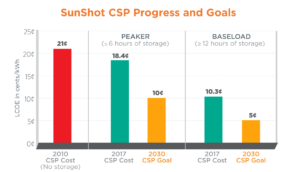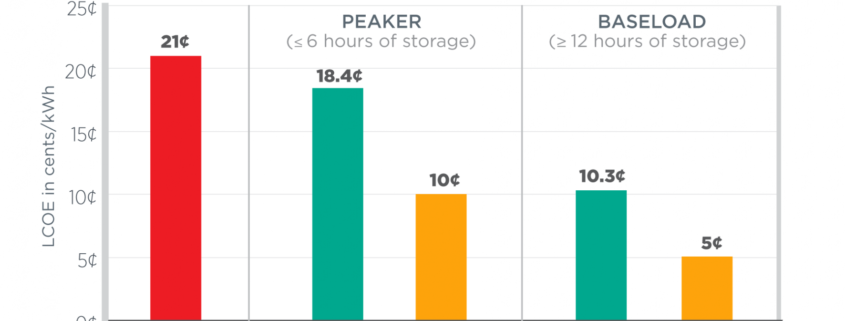Two Open Access publications by partners of the SCARABEUS consortium just published in Applied Sciences’ special issue on Recent Advancement of Thermal Fluid Engineering in the Supercritical CO2 Power Cycle
This Special Issue is comprised of a selection of technical papers dealing with various
aspects of supercritical Carbon Dioxide technology for power generation. The
publication is published by MDPI, with Prof. Jeong Ik Lee (Korea Advanced Institute of
Science and Technology, Korea) and Prof. David Sánchez (University of Seville, Spain)
serving as Guest Editors.
University of Seville sets the stage for the economic assessment of the SCARABEUS
technology
The paper by University of Seville aims to estimate the cost of electricity that should be
expected from Concentrating Solar Power plants making use of either steam turbines
(state-of-the-art technology) or standard supercritical CO2 power cycles (so-called next
generation CSP plants). The objective of this is twofold. First, to assess the actual
potential of sCO2 technology to reduce the cost of electricity produced by
contemporary solar tower plants with large scale thermal energy storage. Second, to
check whether or not such reduction suffices to achieve the very ambitious objectives
set forth by the solar community (currently achieved by large-scale photovoltaics).

Figure 1 Goals and current costs for solar electricity as set forth by the SunShot programme.
The results confirm that sCO2 technology has the potential to reduce the cost of
producing solar electricity with respect to the current technology based on steam
turbines. Unfortunately, whilst these results serve to confirm the claims that sCO2 is
more cost effective than steam, they also suggest that the foreseen cost reduction will
not enable hitting the long-term 5¢/kWh goal.
PS: For more information, follow this link to the online article: link.
City University looks into feasible turbine designs for distributed power generation
systems based on sCO 2
Ms. Salma Salah, a PhD student from the SCARABEUS research team at City, University
of London, has published her first paper entitled “Mean-Line Design of a Supercritical
CO2 Micro Axial Turbine” in a Special Issue on sCO2 technology in Applied Sciences.
This paper examines the effect of various design parameters on the performance and
feasibility of a micro-scale axial sCO2 turbine. The design methodology developed will
later be used to design the turbine for the SCARABEUS plant.
According to the abstract of the paper, the aim of this study is to investigate the design
of a single-stage 100 kW sCO 2 axial turbine through the identification of optimal
turbine design parameters from both mechanical and aerodynamic performance
perspectives. For this purpose, a preliminary design tool has been developed and
refined by accounting for passage losses using loss models that are widely used for the
design of turbomachinery operating with fluids such as air or steam. The designs were
assessed for a turbine that runs at inlet conditions of 923 K, 170 bar, expansion ratio of
3 and shaft speeds of 150k, 200k and 250k RPM respectively. It was found that feasible
single-stage designs could be achieved if the turbine is designed with a high loading
coefficient and low flow coefficient. Moreover, a turbine with the lowest degree of
reaction, over a specified range from 0 to 0.5, was found to achieve the highest
efficiency and highest inlet rotor angles
PS: For more information, follow this link to the online article: link.





